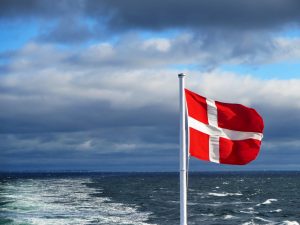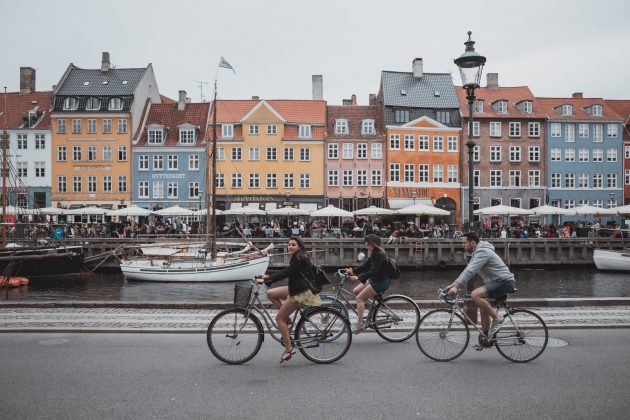The Danish Social Democratic government has been able to pay their citizens a corona aid of 1570$ each and priorized homless people during the vaccination process. Prime Minister Frederiksen and her party enjoy great popularity among the Danes.
What is their key to success?
The Danish approach towards progressive Social Policies
When talking about Denmark, one is obliged to discuss the term ´welfare state´, as this is one of the fundamental pillars of Danish state action. In practice, this includes all public services which lead to social coherence or aim to protect society. Those include education, a functioning health system, social welfare and infrastructure development.
The recent prioritization of homeless people in the Danish vaccination process represents a prime example for such services. Denmark has been vaccinating since the end of December 2020, following a 12-step-plan which divides the population into groups categorized according to their age and health status. The country’s goal is to immunize the whole population by the early summer months of 202

Danish inhabitants suffering financial difficulties can apply for social aid called Kontanthjælp. If a person experiences a drastic change in social conditions such as job loss, divorce or severe illness and is no longer able to provide for themselves or their family, they receive governmental payment. Meanwhile they are also offered help with searching for jobs or further education to secure their wellbeing afterwards.
In June 2020 Minister of Finance, Nicolai Wammen, of the Social Democrats announced a financial relief package designed to mitigate the negative effects of coronavirus on the economy. Over 9 billion dollars was reallocated from a holiday allowance, which was originally intended to be paid out as an additional pension in retirement, in order to cover the cost of the policy. Split equally over the 5,8 million strong Danish population each citizen will receive about 1,570 dollars. The aid payment should stimulate consumption and create new jobs as the economy is suffering from the Corona lockdown.
Leading through the pandemic
The Covid-crisis has turned into a pitfall which few governments have been able to avoid. It marks one of the most difficult times to be a political leader. Global economy is on the downside, unemployment is on the rise and people are suffering from increasing pandemic fatigue.
Nonetheless the ruling social democratic party of Prime Minister Mette Frederiksen has experienced increased voter approval among the population. When Frederiksen took office after the Danish general election in 2019, her party held 26% of votes, rising up to 32% (dated of April 2021).

During her office term, Frederiksens cabinet revitalized the tradition of tripartite negotiations which used to play an important role in danish politics but had previously been suspended. Tripartite agreements are held between the government, workers unions and employers and aim to navigate interests so socially just decisions can be made, especially during such challenging times. Recent agreements included those on short time working schemes, the reintroduction of the wage compensation scheme and an agreement on the extension of the temporary distribution of work scheme.
In April 2021, Denmark introduced a coronapas system designed to enable non-essential businesses to reopen to the public. Currently hairdressers, beauty facilities and driving schools are included in that pass and it is only available to people who recently suffered from COVID, are fully vaccinated or tested negative for the virus. Cinemas, restaurants, museums and Cafés are due to be reopened at the end of April.
Denmark under Mette Frederiksen
Until recently the Danish social democrats were most commonly known for their controversial turn on immigration politics. This is presumed to have played a key role in their win of the 2019 general election where they gained a total of 25,9% of votes.






